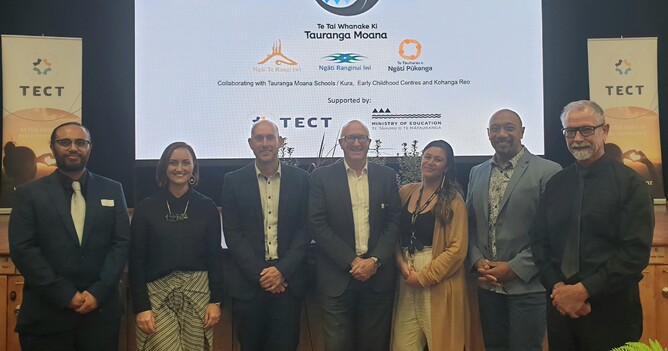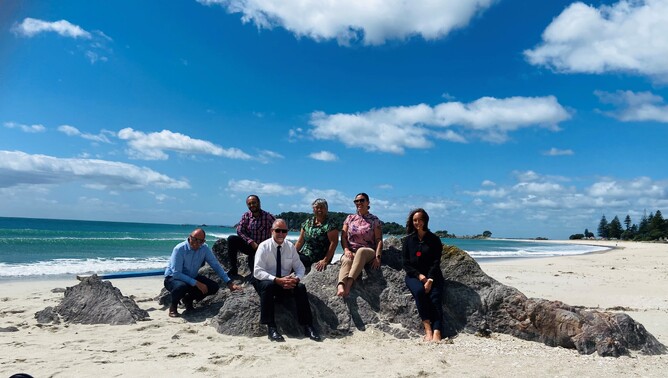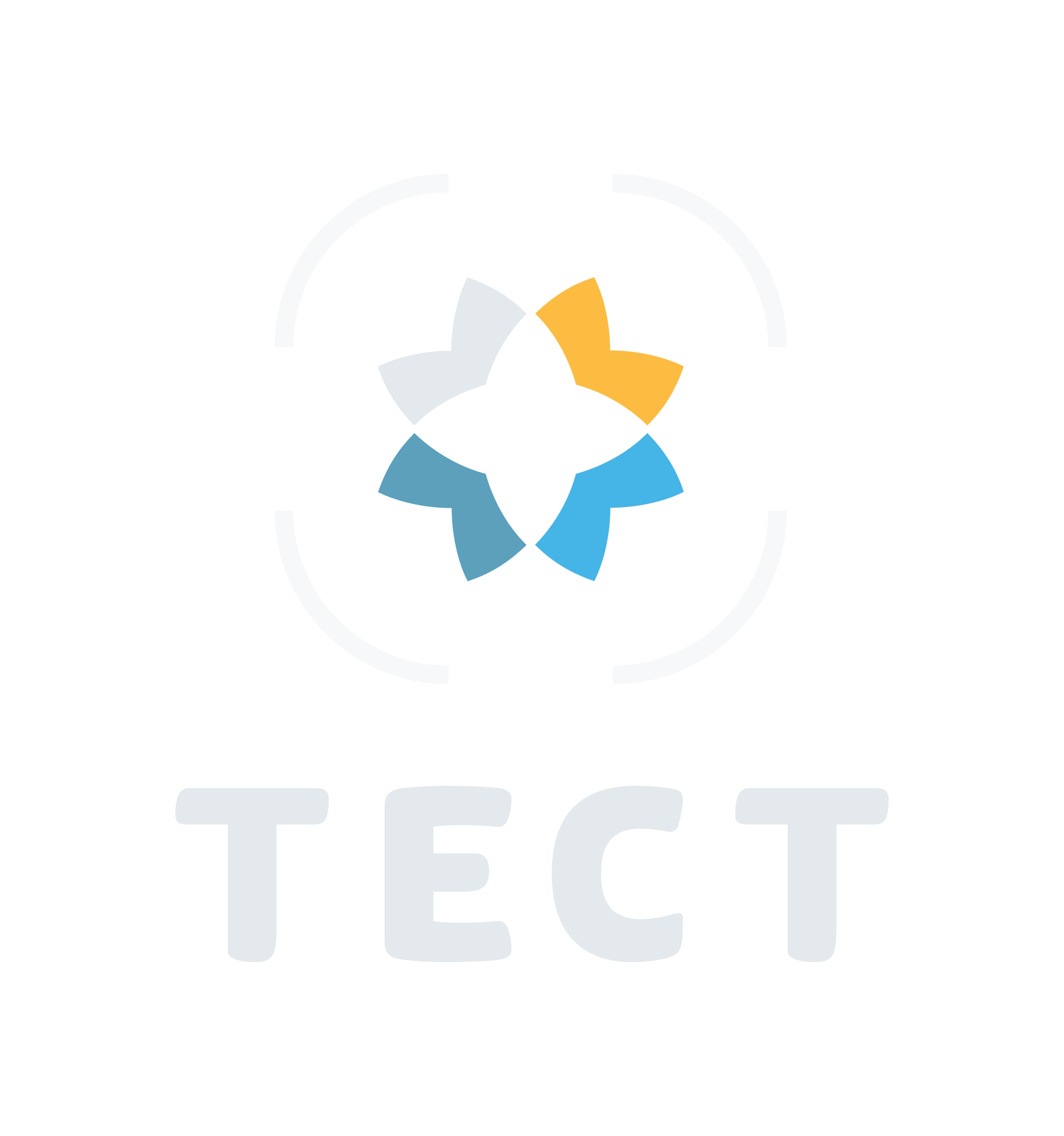A new project currently in development is establishing a Te Ao Māori Localised Curriculum for all 67 Tauranga Moana schools, early childhood centres and the wider community in partnership with Tauranga Moana Iwi.
The project, called Te Tai Whanake ki Tauranga Moana, will be a first for New Zealand, bringing all Tauranga Moana Iwi and schools together in a unique and enduring way.
The Te Ao Māori Local Curriculum will encompass foundational Te Reo, our Tikanga, stories and history, and will be a tremendous resource for all educational organisations in Tauranga Moana, while also benefiting the wider community by being accessible to all.
The Curriculum will be layered from ECE to Year 13 across many subjects, including history, English, and science, and will also cover protocols such as pepeha and mihi.
It’s something that has been years in the making, starting with efforts over the past four years to strengthen partnerships between iwi and Kāhui Ako in our region.
Kāhui Ako (Communities of Learning) are groups of education and training providers that form around their students’ education pathway, working together to help students achieve their full potential. They are established from clusters of schools that are close in geographical location or are grouped by type.
The Ōtūmoetai Kāhui Ako lead is Henk Popping, Principal of Ōtūmoetai Intermediate. He says over the past 100 years there has been no formal reciprocal engagement for Māori communities with schools – something the project aims to change.
“The Kāhui Ako and iwi used to sit at separate tables, but over time as our relationships have strengthened, iwi are now active members of each Kāhui Ako in Tauranga Moana.
“As we talked, we realised we were all trying to reinvent the wheel. People were floundering as to what we do when it comes to curriculum and Te Reo and local histories. With the three iwi in our area that have different histories, how do we do that?
“The idea for the project came from these conversations and questions of what if we get together and see if we can develop something we can all contribute to.”
The project is currently in Stage One of development, with the scope of work, project action plan, and Memorandum of Understandings being prepared by iwi education managers and project lead personnel.
In May, the project will move to Stage Two, where the curriculum will be developed and built based on consultation with the local Māori community, their hapū and marae.
Henk says the project is built on innovation and will provide many community benefits.
“Collaboration is the key with this project. It’s the one thing that is different that’s never been done before. There have been various things that are similar across the country, but what is unique is we have three iwi collaborating with every school in our region.
“It’s a significant milestone in the development of our community. And it’s all about the future generations. The benefit is that regardless of the context for learning that a child is in, they will have greater empathy and understanding of our local history, and they can also develop their own ability to live in Te Ao Māori.
“Even being able to pronounce words correctly, being able to recognise macrons on Māori words – it gives people a much wider view of New Zealand.”
TECT has supported Stage 1 of the project with $176,640 funded out of their Catalyst for Change fund.
Henk says TECT’s support has been vital to getting the project off the ground.
“TECT has provided the opportunity to bring this project to life. Catalyst for Change is an ideal name for that fund – they have got the springboard underway for changing how we do things in this area and the way we form relationships and collaborate across the community.
“None of this would be possible without TECT because the biggest thing that TECT have provided is time to be able to carry out this work. We view this less that we are recipients of a grant, but more that we are in a partnership with TECT.”
TECT Chairperson Bill Holland says the project appealed to TECT due to its potential for a far wider application than just school use.
“It will give the schools a great platform to further develop and strengthen their relationships with local iwi and will support iwi in capturing and documenting their histories in Tauranga Moana to share with future generations as well as all local residents and visitors.
“We can see the potential for this information to be used in the city’s story-telling through tourism and arts and culture sectors – it’s just as much a development of our heritage and culture as an educational resource.”





